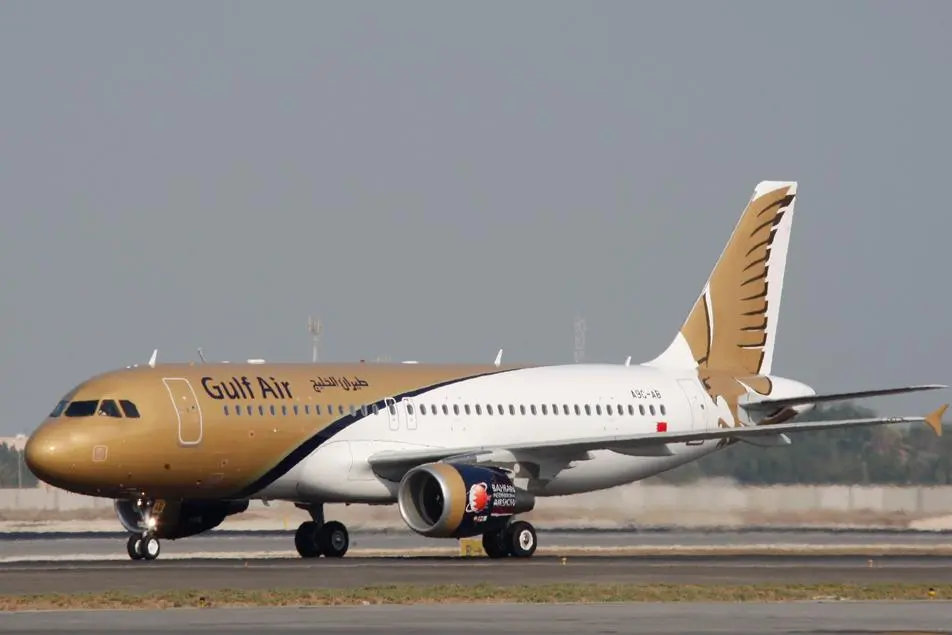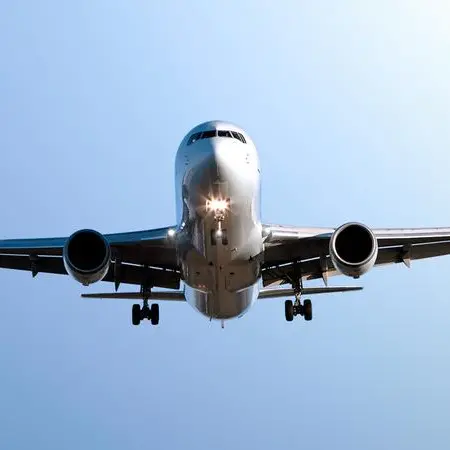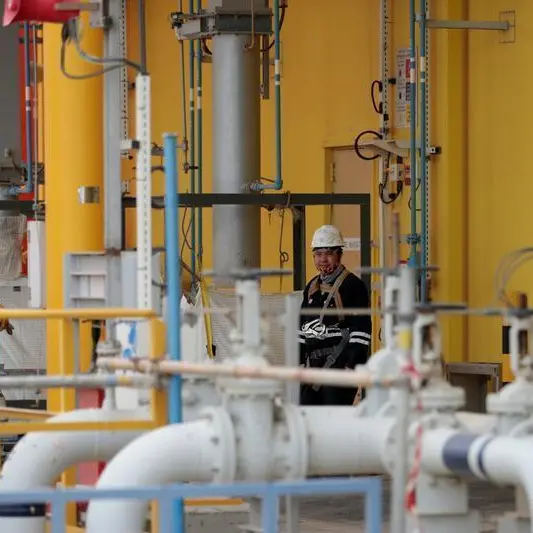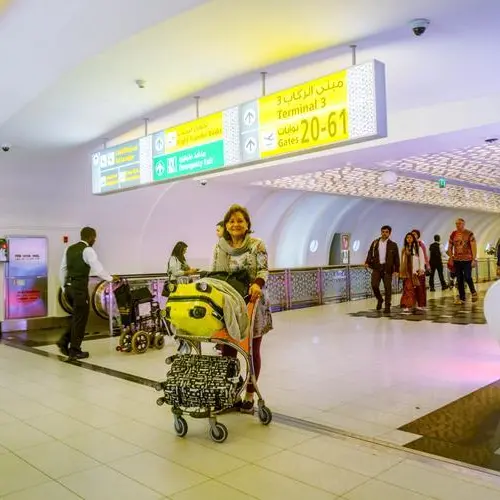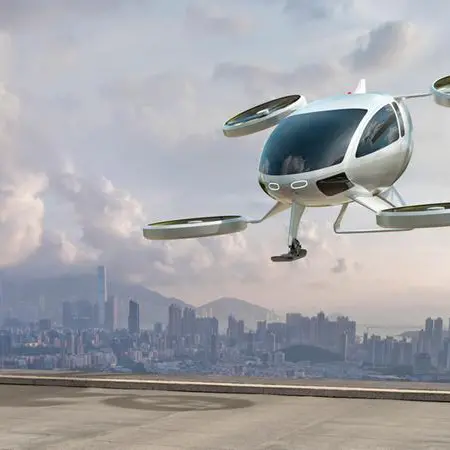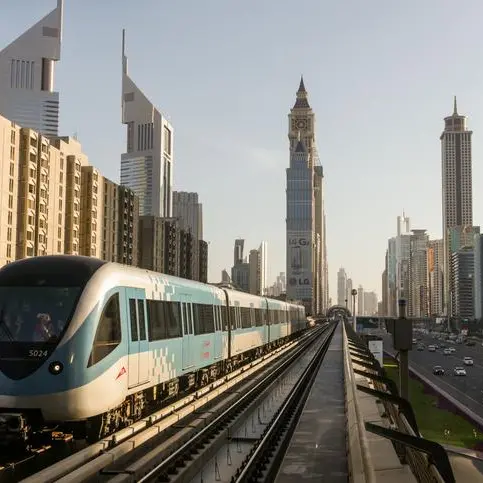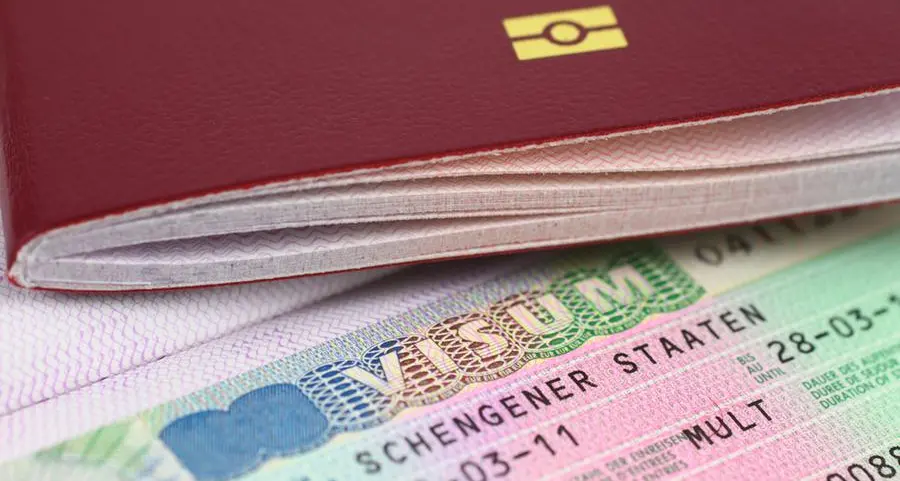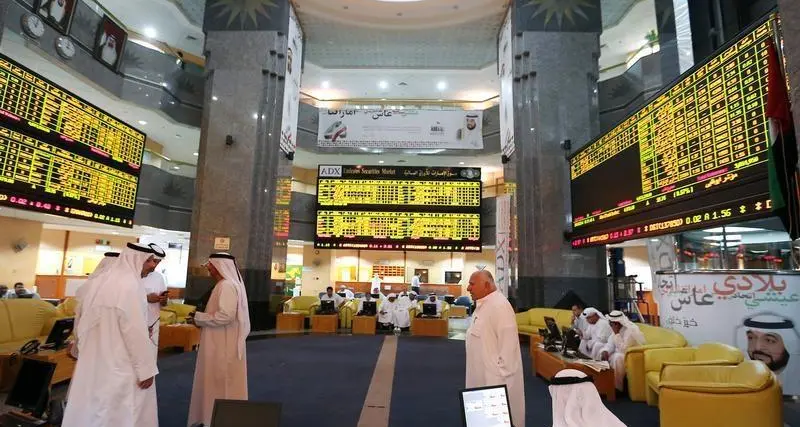PHOTO
Large-scale investment in Bahrain's infrastructure is under way to increase passenger-handling capacity at the country's international airport, alongside efforts to expand ancillary services.
In mid-August the government announced an $815m upgrade of Bahrain International Airport (BIA) aimed at raising handling capacity from 4m passengers per year to at least 17m by early 2019.
The project is expected to strengthen Bahrain's transport connectivity with other destinations in the region, and is set to be bolstered by a $10bn investment in a second land link to Saudi Arabia, incorporating both road and rail services.
The new causeway to Saudi Arabia, scheduled for completion in 2022, will connect Bahrain to the rest of the $200bn GCC rail network, according to local media reports.
Expanded capacityDivided into seven parts, the upgrades at BIA call for the addition of a new passenger terminal - complete with 24 air bridges to facilitate passenger movement to and from aircraft, new arrival and department lounges, and expanded aprons. The plan also calls for the construction of related infrastructure, such as utilities and road links.
The project will dovetail with other developments currently under way, including construction of a new fuel farm complex, which is expected to improve safety and allow for more efficient aircraft fuelling.
Work on BIA's new facilities will begin next year, according to local media reports, with development contracts to be assigned by December.
Financing is set to come from both national and regional sources, with substantial funding from the GCC Support Programme for Bahrain, a $10bn fund established in 2011 by members of the regional bloc to bolster Bahrain's economy.
Gulf Air to benefitIn line with the broader infrastructure improvements at BIA, national flag carrier Gulf Air is also poised to see a major increase in capacity after years of restructuring.
In early September transport officials announced plans for Gulf Air to purchase up to 50 new Airbus aircraft, with the carrier expected to place its final orders at the Bahrain International Airshow in January. The decision came after discussions between French president Francois Hollande and King Hamad bin Isa Al Khalifa during the latter's visit to Paris in September.
With France's Airbus pegged as preferred supplier, the deal provides opportunities for further economies of scale in terms of maintenance operations. Gulf Air's existing fleet comprises 28 Airbus jets - six A330s and a mixture of 22 A32s and A321s.
Announcing the planned fleet expansion, Kamal bin Ahmed Mohamed, minister of transportation and telecommunications, underscored Gulf Air's role as a strategically important national infrastructure asset and a key part of the kingdom's wider programme of economic development and diversification.
"Optimising Gulf Air's fleet is an ongoing process and a critical component of its current and long-term strategic business direction," he said in early September.
Given the often lengthy delay between aircraft orders and delivery - a period that can run as long as five years for some models - the fleet upgrade should coincide well with the opening of the expanded facilities at BIA, the airline's home base.
Gulf Air's re-fleeting programme comes after the company posted its strongest financial results in a decade. After several years of heavy losses - which reached BD211m ($559m) in 2011 - the airline is nearly back in the black, with losses scaled back to BD62.7m ($166.2m) in 2014 and passenger revenues up 15.4% year-on-year.
The steady improvement is thanks in part to ongoing restructuring, including the addition of high-value routes to Europe, India and the Middle East, and a strategic shift away from low-value transit traffic.
In-sourcing to add valueWith major carriers in the region increasingly turning to ancillary services, such as engineering or consultancy to diversify revenue sources, Gulf Air is also working to establish an aircraft maintenance system, leveraging local engineering skills.
By conducting service work in-house rather than flying aircraft to offshore centres, in-sourcing could also provide further cost savings, in addition to expanding Gulf Air's earning potential as Bahrain moves towards becoming a maintenance hub, serving other regional and international carriers.
© Oxford Business Group 2015
